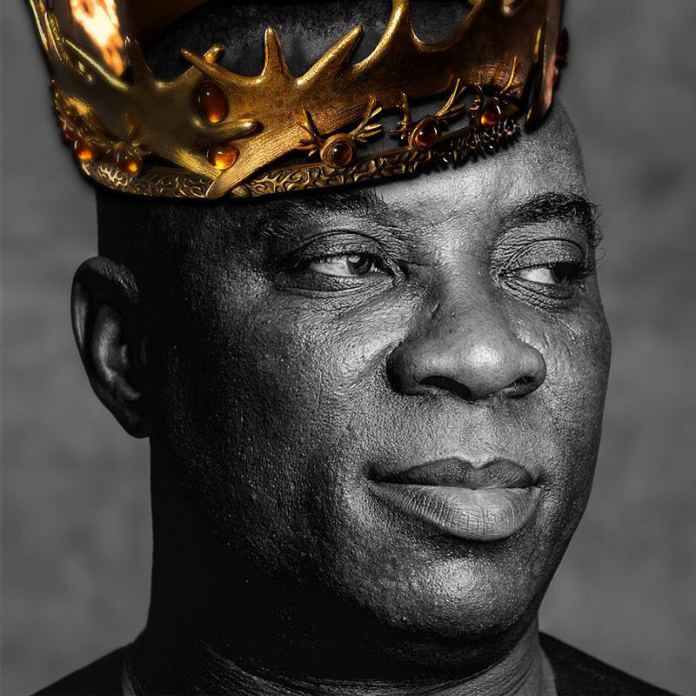Here’s why Nigerian music industry needs more documentaries

The music industry in Nigeria has experienced significant growth in recent years, with artists like Wizkid, Davido, Burna Boy and Tiwa Savage achieving international recognition, but it still lags behind in one crucial aspect - music documentaries.
While the US and other countries have a rich history of producing documentaries that showcase the lives and careers of musicians, Nigeria has only a handful. Here are five reasons why the Nigerian music industry needs more music documentaries to thrive:
1. Preservation of History
Music documentaries serve as a historical record of an artist's life and career. They provide a firsthand account of the struggles, successes, and experiences that shaped their music. For example, The Beatles: Eight Days a Week (2016) directed by Ron Howard, provides an intimate look at the Beatles' early years, showcasing their rise to fame and the cultural impact of their music. Similarly, Fela Kuti: Music is the Weapon (1982) directed by Jean-Jacques Flori, chronicles the life and career of Nigerian music legend, Fela Kuti, highlighting his struggles and triumphs as a musician and political activist. By producing more documentaries, Nigeria can preserve the history of its music industry and the legacies of its legendary musicians.
2. Inspiration and Education
Documentaries inspire new generations of musicians and fans alike. They offer a unique perspective on the creative process, the music business, and the cultural context in which the music was made. Amy (2015) directed by Asif Kapadia, tells the story of Amy Winehouse's life and career, offering a unique perspective on her creative process and struggles. Similarly, The Legend of Osita Osadebe (2018) directed by Obi Emelonye, showcases the life and career of Nigerian highlife musician, Osita Osadebe, providing insight into his musical journey and the cultural context in which his music was made. By sharing the stories of Nigerian musicians, documentaries can educate and inspire young artists to pursue their passion.
3. Global Recognition
Music documentaries can introduce Nigerian music to a global audience. The Art of Rap (2012) directed by Ice-T, features interviews with renowned rappers, including Nigerian artist, M.I Abaga, showcasing the global reach and influence of hip-hop. Similarly, The Definitive Guide to Femi Kuti (2004) directed by Jürgen Schadeberg, highlights the career and impact of Femi Kuti, son of Fela Kuti, demonstrating the international appeal of Nigerian music. By showcasing the country's rich musical heritage, documentaries can attract international attention and recognition, leading to increased collaboration and exposure for Nigerian artists.
4. Cultural Significance
Music documentaries can explore the cultural significance of Nigerian music and its impact on society. The Clash: Westway to the World (2000) directed by Don Letts, examines the cultural context of punk rock and its influence on social movements. Similarly, a documentary on Nigerian music could explore its role in shaping the country's identity, politics, and social movements. By examining the cultural context of Nigerian music, documentaries can provide a deeper understanding of the country's complex history and society.
5. Economic Benefits
Music documentaries can generate revenue and create jobs in the music industry. Stop Making Sense (1984) directed by Jonathan Demme, a concert film featuring the Talking Heads, has become a cult classic, generating revenue through DVD sales and streaming. Similarly, a well-produced music documentary in Nigeria could attract funding and investment in the music sector, creating new opportunities for musicians, producers, and filmmakers.
In conclusion, Music documentaries are essential for the growth and development of Nigeria's music industry. By investing in music documentaries, Nigeria can preserve its musical history, inspire new generations, attract global recognition, explore cultural significance, and generate economic benefits. We urge filmmakers, musicians, and industry stakeholders to collaborate on producing high-quality music documentaries that showcase the rich musical heritage of Nigeria.






